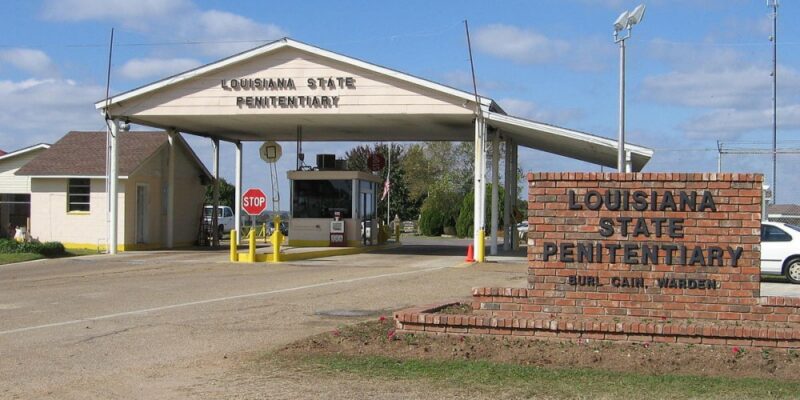Louisiana state senators performed a valuable service by public vetting of a rogue prosecutor’s action where he substituted his own agenda in place of the state’s Constitution and criminal code.
This week, the Senate Judiciary C Committee held a hearing concerning post-conviction relief. This is a legal procedure where a convict can have a sentence reduced or even a conviction overturned by a claim of factual innocence combined with corroborating evidence, or by verification of some kind of legal impairment in the case. Time constraints apply except under circumstances such as new or review of old evidence or DNA testing results and the like.
The issue didn’t raise much attention until three years ago. Until then, such cases occasionally cropped up, but then two things happened. First, the U.S. Supreme Court ruled unconstitutional non-unanimous jury results and ordered the two states allowing these, one being Louisiana, to set up a review process for all people convicted this way which created 1,500 or so potential reviews. The state did so and set a one-year time limit on petitioning.
Second, Democrat Orleans District Attorney Jason Williams entered office with the belief that the criminal justice system in New Orleans was rigged against lower-income folks, specifically blacks who disproportionately comprise that stratum and some of whom had lived through a system that once institutionalized that bias against blacks, and therefore past convictions were suspect. He set up, at taxpayer expense, a special unit to review, instigating these if necessary, cases that he thought could qualify for relief.
Naturally, there was a flurry of petitions across the state as a result of the non-unanimous jury issue, but after the time limit expired that level returned to normal. Not so in Orleans, where by this year 300 or so petitions had been granted, often spurred by Williams’ office and invoking a passage in the criminal code which allows an override of standards in the code for relief if all of the convict, district attorney, and court – judges of which are elected and typically summarily grant applications supported by a DA and some who share Williams’ progressive prosecution ideology – agree on a plea changing the sentence, if not freeing the convict.
In other cases, Williams followed the code regarding convicts’ relief requests, but essentially didn’t resist if not actually aided them in acquiring relief – a violation of the duty of a prosecutor to defend its actions on behalf of the people, where Williams substituted his own judgment shaped by his ideology and accepted without sufficient vetting arguments about new evidence or presumed legal impairments he thought favorable to triggering release. And in a number of cases he violated the law by assisting in relief non-unanimous jury convicts after the deadline. Worst of all, in some cases resentencing the DA didn’t bring forth prior convictions for consideration, which reduced resentencing enough to free convicts prematurely who then reoffended.
All of this became too much for concerned legislators, who passed Act 10 of the Second Extraordinary Session of the Legislature this year. It circumscribed waiving the time limit, clamped down on successive applications and invited attorney general review of successive applications, which in effect can get around a time limit when new grounds are introduced. This puts oversight on Williams’ trawling of old cases.
Williams then raced to plow as many applications through as possible, around 40, prior to the Aug. 1 effective date of the changes, irking legislators and Republican Atty. Gen. Liz Murrill especially as that batch contained few factual innocence assertions but instead Williams’ judgment of presumed legal impairments. Hence the oversight hearing this week where he faced questions about his activities, where ironically, invoking a version of the “It became necessary to destroy the town to save it” doctrine, he defended his office’s actions as a way to build trust in the justice system by clearing up alleged mistakes that occurred disproportionately in Orleans.
However, that seems highly implausible given the tremendously high imbalance of relief cases sought in Orleans compared to every other district in the state. While certainly New Orleans had its problems, it seems very unlikely that Orleans in the past was such an excessive cesspool of corruption comparatively as the imbalance suggests.
Rather, Williams substituted his own ideology to inflate these totals, and the hearing if nothing else gave notice that his activities and any DAs that would emulate him in this regard would be scrutinized. It also may serve to direct future reform efforts, such as extending AG review to all relief plea deals.
Louisiana’s violent crime rate – fourth highest among the states as of 2022 and increasing at the seventh-fastest rate from 2019 – can’t afford to let those in the criminal justice system indulge in ideology that sacrifices public safety. If voters are too stupid to turn out DAs that do this, at least more responsible politicians at the state level can rein them in.
Advertisement
Advertisement

